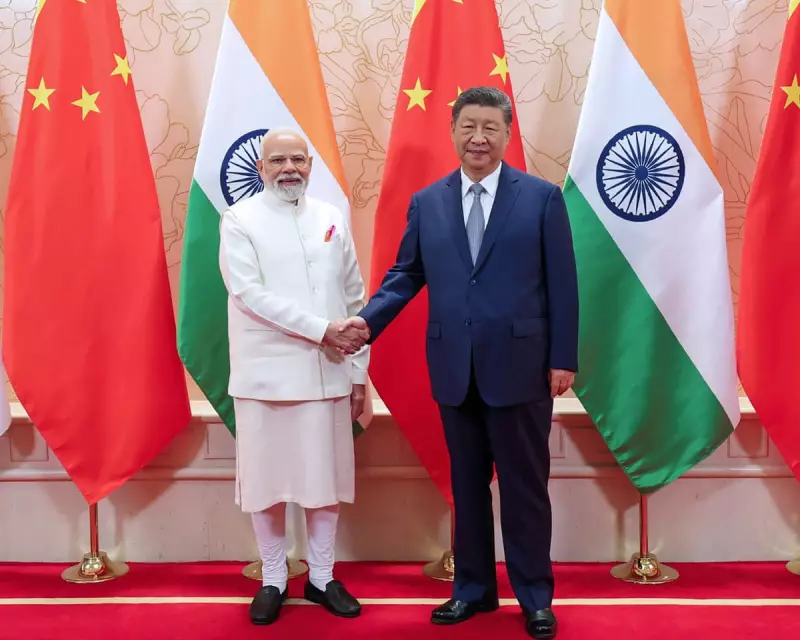
In a striking case of geopolitical irony, former President Donald Trump's aggressive tariff offensive against India has yielded a result starkly opposite to its 'America First' intentions. Rather than bolstering US dominance, the trade war inadvertently handed a significant strategic advantage to China, its primary global competitor.
The Guardian's analysis reveals that the Trump administration's confrontational approach, which included stripping India of its vital preferential trade status, did not bring New Delhi to heel. Instead, it pushed the world's largest democracy towards a pragmatic, and perhaps necessary, recalibration of its economic alliances.
The Unintended Consequence: A Fortified Sino-Indian Axis
Forced to navigate a hostile trade environment, India intensified its engagement with China. This shift wasn't merely about finding alternative markets; it was a profound strategic realignment. Bilateral trade between the two Asian giants surged, with China capitalising on the vacuum left by receding American influence. This economic bonding has had cascading effects, strengthening diplomatic and strategic ties that ultimately serve to diminish US sway in the region.
Short-Term Political Wins vs. Long-Term Strategic Losses
The Trump tariffs, often framed as victories for the US domestic base, are now revealed as a classic example of winning the battle but losing the war. The measures targeted a range of Indian exports, from textiles to engineering goods, with the goal of protecting American industries. However, the long-term cost has been a weakening of the Quad alliance (the strategic security dialogue between the US, India, Japan, and Australia) and a more confident China, which faces a less unified opposition.
A Lingering Challenge for the Biden Administration
The fallout from this fractured relationship presents a complex puzzle for the current US administration. Mending fences with India is a foreign policy priority, yet the legacy of the tariff war lingers. Trust was eroded, and China's economic foothold in India has been solidified, making it harder to present a united front against Beijing's expanding influence. The path to rebuilding a strong, trusting US-India partnership requires delicate diplomacy and a recognition that trade policy is inextricably linked to global power dynamics.
The saga of the US-India tariff war serves as a crucial lesson: in an interconnected global economy, punitive trade measures can have diplomatic repercussions that far outweigh their intended economic benefits, often empowering the very rivals they seek to contain.





